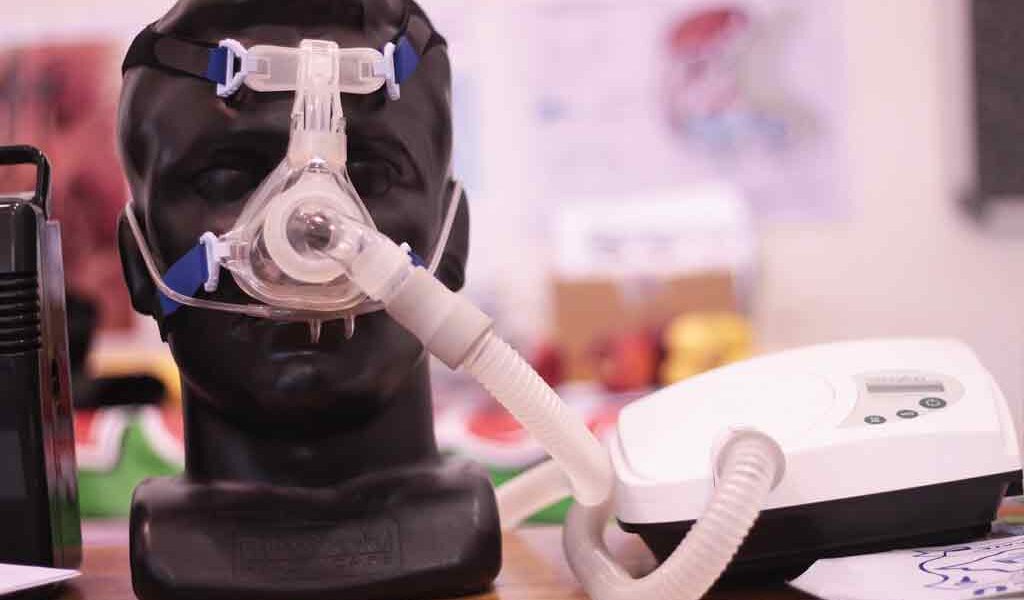• Patients may be dying from misdiagnosis
• Hospitals and clinics are not accredited by the Council for Health Service Accreditation of Southern Africa (COHSASA);
KAGO KOMANE
According to medical experts, the current challenge of medical equipment in clinics and hospitals not being tested on a regular basis and calibrated is a cause for concern, which will keep causing deaths of patients and misdiagnosis if not rectified soon.
Information reaching The Botswana Gazette suggests that most equipment and instruments used in our hospitals and clinics are not calibrated and tested as often as they should be, meaning the health status of most Batswana are at risk of being wrongly diagnosed. It also means some patients may have died unnecessarily and many more may be suffering needlessly through the misdiagnosis of their health status.
Calibration refers to the use of accepted standards to check the accuracy of measuring instruments to ensure that they give the right results when used.According to sources in the health sector, “Doctors need better measurements in order to diagnose illnesses, monitor patients and deliver treatments. Failure to ensure appropriate measurements will certainly have diverse effects. It can also contribute to increased health costs. A patient who has been incorrectly diagnosed to have a certain disease will incur costs for medication and follow-up for treatment.”
Unfortunately, in Botswana regular testing of medical equipment and calibration in the health sector remains a challenge though diagnostic and treatment are strictly tied to technological improvements. Research also shows that, because of this challenge, most of our hospitals and clinics are not accredited by the Council for Health Service Accreditation of Southern Africa (COHSASA); the only internationally accredited quality improvement and accreditation body for health care facilities based in Africa.
During a Health Pitso last week, doctors also complained about bio-medical equipment that goes for years without being maintained or fixed. Princess Marina Hospital Clinical Director, Dr Ismael Makone said though the ministry is aware of this challenge, getting equipment fixed is a challenge that is faced in both hospitals and clinics alike. He said this is one of the contributing factors in delays to accreditation of health facilities.
“The people responsible for taking care of such issues despite being reminded to fix this problem in many occasions, continue to do nothing. One of our biggest challenges why we are not accredited is because our facilities are not in order and this will continue to delay accreditation,” he said. According to the COHSASA website, only three clinics and two private hospitals (Jwaneng and Orapa Mine Hospital) have been accredited in Botswana. Last month, this publication carried a story of a confidential report done by the Ministry of Health (MoH) which revealed that over 300 babies died in PMH and Nyangabgwe hospital (NRH) in 2014. Some of the challenges stated were that of unmonitored medical equipment.
According to the audit report, the Audit Committee assessed the two hospitals, where gross inadequacy in both manpower and equipment was revealed as one of the impediments to health in the baby units. One of the challenges revealed was that there was no Paediatric ICU in NRH. It is noted that sharing with adult ICU impaired quality of health care.
MoH Chief Public Relations Officer, Doreen Motshegwa said even though it is true that most health facilities in Botswana are not accredited, accreditation currently is not deemed mandatory internationally and in Botswana.
“The Government does however appreciate the need for continuous improvement of the quality of health services through implementation of National Quality Standards and accreditation. However the cost of accreditation has been the greatest challenge.” She said MoH plans to accredit some facilities already enrolled in the program as they cannot afford to accredit all at once. She noted that though there are challenged with shortage of funds to service and calibrate all the equipment in the hospital, they do have Biomedical Engineering personnel doing in-house maintenance in all hospitals and DHMTs.
She disagreed with reports that the hospitals were not regularly calibrated saying, “All Biomedical Engineering Equipment is tested and calibrated during installation and warranty period (normally 2 years).” She said after warranty period Biomedical Engineering equipment is serviced and or calibrated or repaired as per manufacturer’s service protocols following the department’s risk assessment plan.

